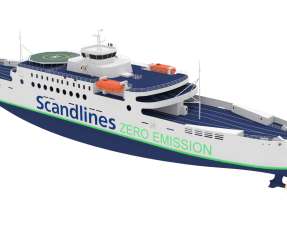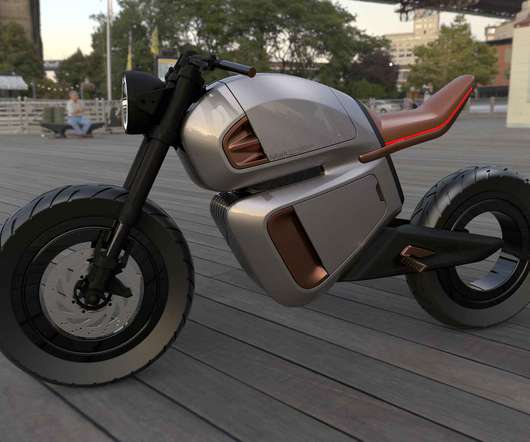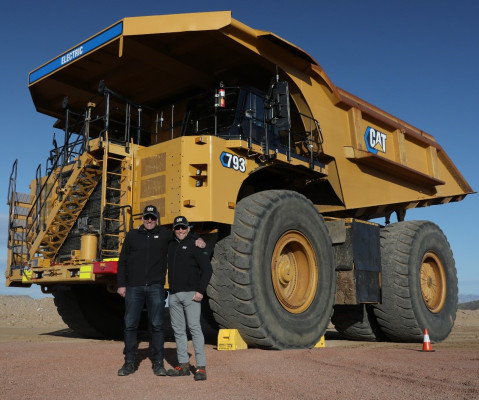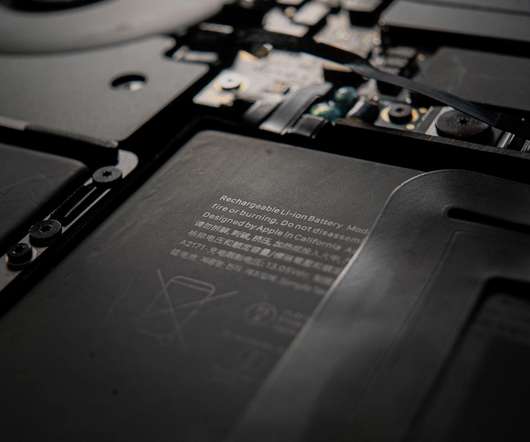ABB partners with Vigor selects ABB as propulsion and energy storage partner for hybrid-electric ferries
Green Car Congress
JUNE 7, 2020
American shipbuilding company Vigor Fab LLC has selected ABB as the hybrid-electric propulsion and energy storage system provider for the newest additions to the Washington State Ferry fleet—the largest US ferry system. With the addition of newer-built, clean energy ferries to the fleet, fuel consumption is projected at 9.5


































Let's personalize your content